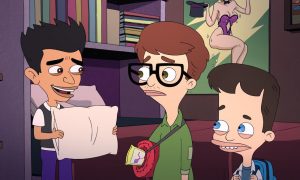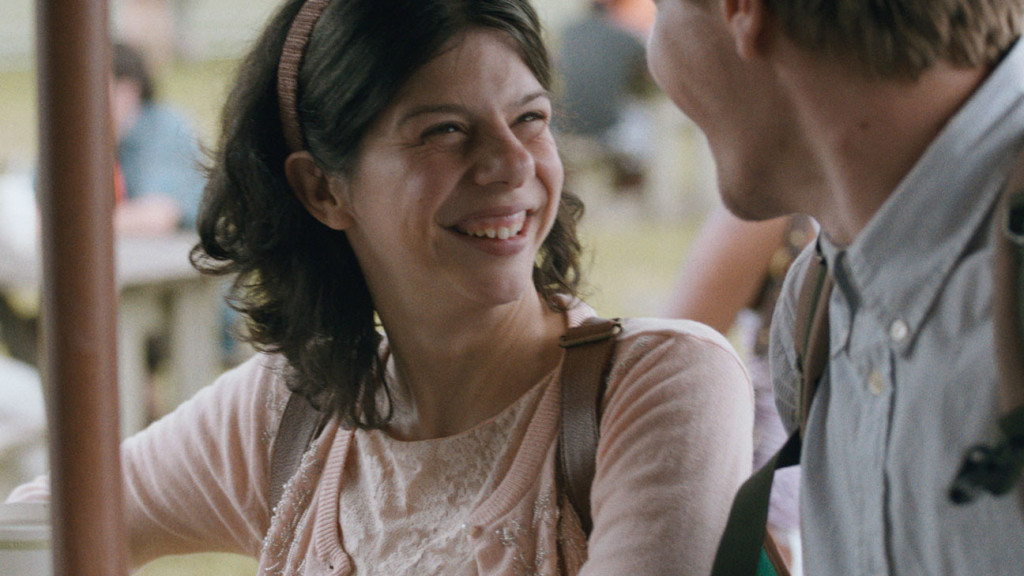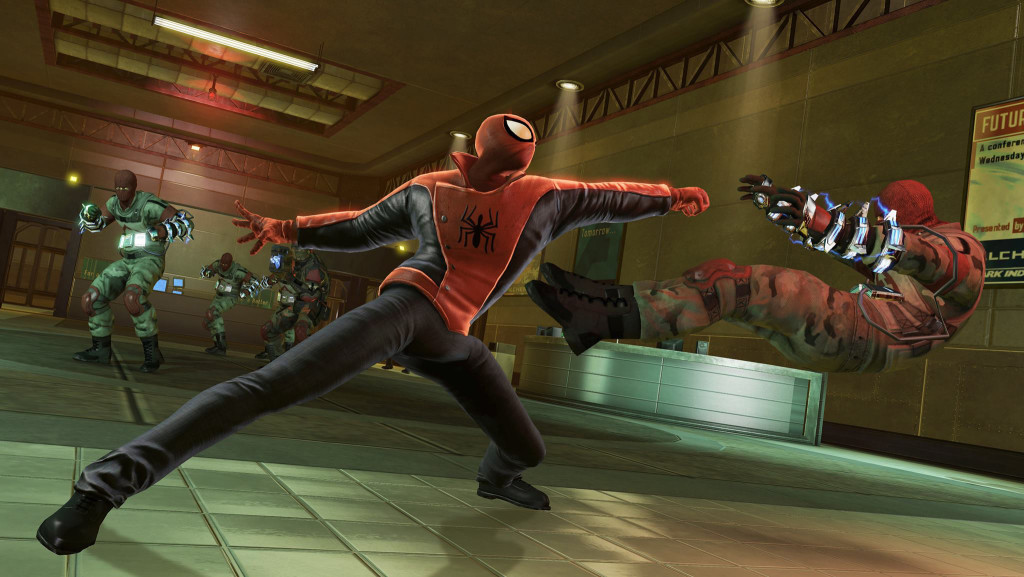
‘Big Mouth: season 2’ review
By Sonam Kaloti, Arts Editor
Big Mouth is disgusting, and I highly recommend not watching this during dinner, to say the least. I learned that the hard way. However, I do recommend watching it at some point.
The show features a boy named Andrew, his friends Jessi, Nick, Jay, and a multitude of other young people going through the blossomings of puberty. Although Big Mouth is geared towards adult viewers, it would do good for young teens to watch the show because it addresses many stigmatized topics that may not always be open for discussion.
The heart of the show is based in raunchy humour, and there is no holding back. The humour is utilized extremely well and does its job in helping to recreate those awkward pubescent years far too realistically. Looking back on them now, they are horrifying—but since we’ve all had our slew of embarrassment, Big Mouth serves to shed a light on those years, so we can all laugh together, and suddenly some of our worst memories don’t seem that bad.
The series deals with a broad range of topics that may not be discussed by… well, anyone, really. However, the way it deals with said topics is remarkable in the sense that it is never preachy. The main messages are almost always in parables. This happens to be one of the best ways to tackle topics like these, since telling stories and voicing the main messages indirectly is a soft approach to opening viewers up to social issues, allowing them to explore their own thoughts and feelings on a subject in a non-judgemental way.
Another way the show keeps a judgement-free atmosphere is through the character development. The show doesn’t preach a right or wrong directly, but it’s still made obvious enough which is which. Every lovable character is always in the wrong about something, which helps keep the viewer from feeling alienated about their own beliefs.
Some of the topics include the objectification of women, feminism, body image issues, relationships, and family issues. The show’s main character, Andrew, and his male friends succumb to falling for a girl simply because her chest begins developing. The girls in their grade who are not developing at the same rate begin feeling self-conscious (which later translates into a musical number about loving your body). The animation of the series goes very into detail on everything from bile to bodies, letting us visually appreciate how terrible it all really is.
While humorous and gross, the show provides tremendous bouts of advice on just about everything, for young teens and adults alike. The characters are all getting acquainted with relationships and they derive their knowledge from many places, including the ghost of Duke Ellington in Nick’s attic. Nick asks Ellington for relationship advice and Ellington responds by telling him to simply listen to women, who he says, “just want to be treated like human beings.”
A large aspect of the characters, and the entire show, is the involvement of all the teenagers’ parents. Andrew’s parents often harbour a negative outlook on everything Andrew likes, yet show compassion through involvement in his life regardless. Jay’s family is extremely dysfunctional: His mother is psychotic and an alcoholic, his father constantly cheats on his mother, and his brothers bully him. Honestly though, Jay’s entire life is dysfunctional (he has sexual relationships with personified pillows—it’s a mess). Jessi’s parents are going through a divorce, so a lot of screen time is dedicated to how Jessi is coping (or in this case, lashing out and rebelling).
A lot of the smaller details from pubescent years are thrown in for kicks, such as how their sex-ed teacher has never had sex and knows nothing about the subject whatsoever. From my own experience regarding sex education in public school, that is oh-so-relatable.
Luckily for the teenagers, they are surrounded by strong characters, whether it be their friends, siblings, or parents, who take opportunities like these to broaden the horizons of characters and viewers alike, allowing everyone to learn and grow as a person.


